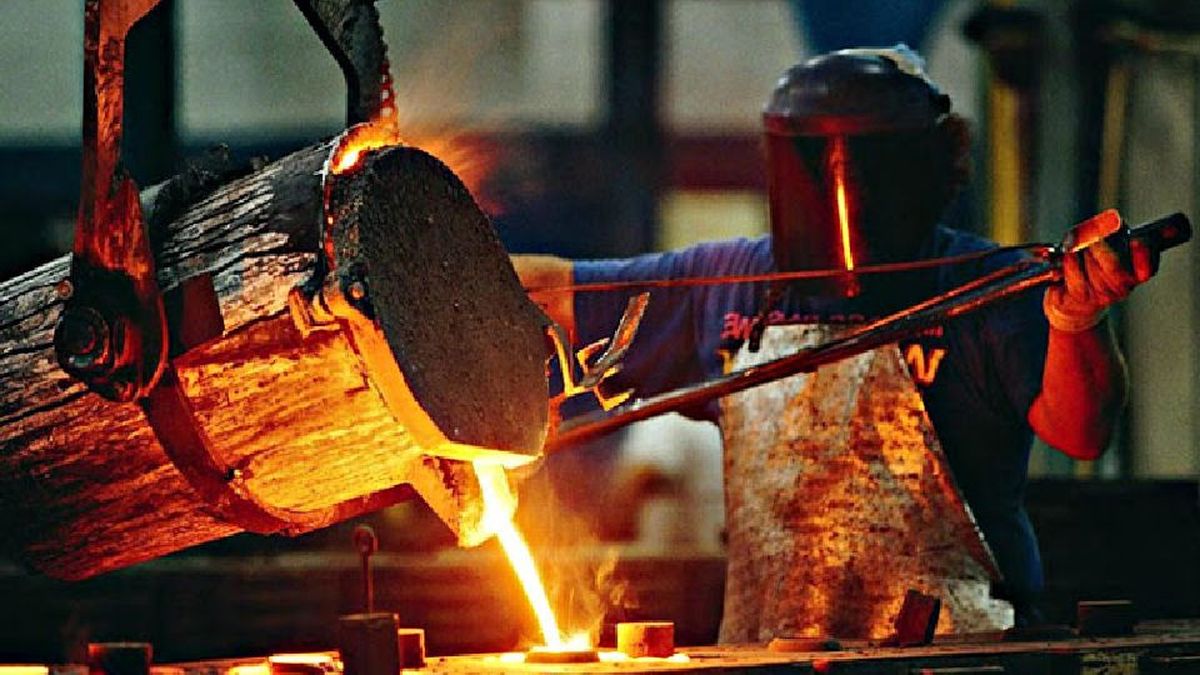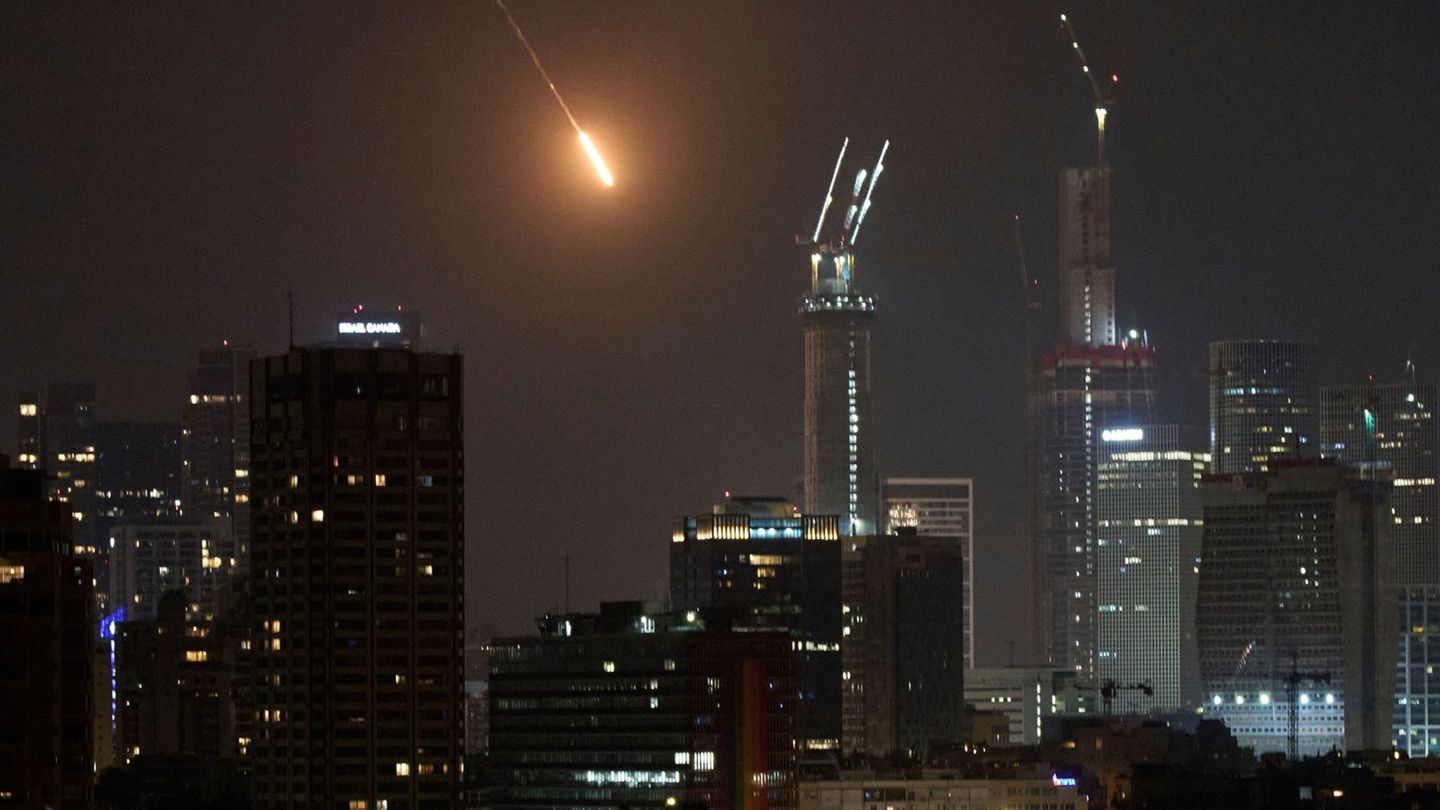I have been working in the news industry for over 6 years, first as a reporter and now as an editor. I have covered politics extensively, and my work has appeared in major newspapers and online news outlets around the world. In addition to my writing, I also contribute regularly to 24 Hours World.
Menu
Location at an overview: rockets and threats: Iran and Israel continue war
Categories
Most Read
Demonstrations: Trump after mass protests: “I am not a king”
October 20, 2025
No Comments
Situation at a glance: After new violence: Is the ceasefire in Gaza holding?
October 20, 2025
No Comments
Caren Miosga: A lot of talk, but very little argument
October 20, 2025
No Comments
Citizens’ money reform: Survey: Majority thinks citizens’ money reform is fairer
October 20, 2025
No Comments
Contested Donbass region: Trump calls for freezing the front line in Ukraine
October 20, 2025
No Comments
Latest Posts

Pedro Pascal, Mark Ruffalo, Susan Sarandon and more artists were part of the massive marches against Donald Trump
October 20, 2025
No Comments
Lisa HarrisI am an author and journalist who has worked in the entertainment industry for over a decade. I currently work as a news editor

Formula 1: there are only four seats available for 2026 and this is the situation of Franco Colapinto
October 20, 2025
No Comments
The Formula 1 driver grid for 2026 begins to define itself quickly. After the confirmation of George Russell and Kimi Antonelli at Mercedes, only four

The metallurgical industry deepens its crisis and the use of installed capacity fell to pandemic levels
October 20, 2025
No Comments
Metallurgical activity is going through one of its worst momentsonly comparable to what was experienced during the forties that the pandemic generated. In September 2025,
24 Hours Worlds is a comprehensive source of instant world current affairs, offering up-to-the-minute coverage of breaking news and events from around the globe. With a team of experienced journalists and experts on hand 24/7.

